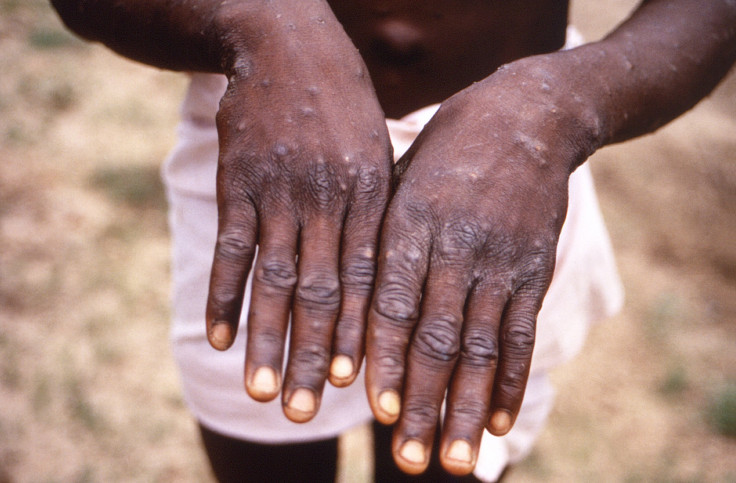AI Demonstrates High Accuracy In Diagnosing Mpox Using Skin Lesion Photos

Researchers in India have successfully utilized artificial intelligence (AI) to diagnose mpox by analyzing photos of skin lesions, achieving an accuracy rate of up to 99.5%.
The study, recently published in Medicine in Novel Technology and Devices, examined the diagnostic capabilities of various deep-learning networks, including GoogLeNet, Places365-GoogLeNet, SqueezeNet, AlexNet and ResNet-18. These networks were trained to interpret images of patients' skin lesions, distinguishing mpox from chickenpox and other viruses.
Traditionally, mpox is diagnosed through polymerase chain reaction (PCR) testing. However, PCR results may be less accurate due to the virus's short presence in the blood. Additionally, PCR testing requires specific information such as the stage of the rash, patient age, and the dates of fever or rash onset, which may not always be available in remote areas, according to the University of Minnesota.
All deep neural networks used in the study achieved an accuracy rate higher than 95%, with ResNet-18 demonstrating the highest accuracy at 99.49%. Researchers attributed ResNet-18's superior performance to its streamlined architecture, enabling it to learn complex features with fewer inputs.
"The results demonstrate that deep learning models, such as the proposed ResNet-18-based model, can be implemented and play a crucial role in combating the mpox virus," the authors stated. "Since the utilized networks are optimized for efficiency, they can be utilized on resource-constrained devices like smartphones equipped with cameras."
GoogLeNet and Places365-GoogLeNet also displayed promising performance in diagnosing mpox while being lightweight and resource-efficient, making them suitable for healthcare facilities and remote areas.
The researchers further highlighted the significance of AI techniques such as LIME (local interpretable model-agnostic explanations) and GradCAM (gradient-weighted class activation mapping) in assisting healthcare professionals in interpreting the diagnostic results accurately and ruling out mpox.
Mpox, which began a global outbreak in May 2022 predominantly affecting men who have sex with men, can be transmitted through close contact or contaminated objects. Symptoms include fever, muscle aches, headache, swollen lymph nodes, among others. As of April 2023, there have been approximately 87,000 reported global cases and 112 deaths.
Recently, the U.S. Centers for Disease Control and Prevention (CDC) issued a warning after observing clusters of mpox transmissions across various locations in the country.
In response to the resurgence, Moderna has planned to initiate human trials for an mpox vaccine this summer, aiming to establish comprehensive preclinical data demonstrating its efficacy against mpox and smallpox. The company had initially announced its intention to begin preclinical work on an mpox vaccine in May 2022. But the plans were put on hold as cases declined toward the end of last year.



























